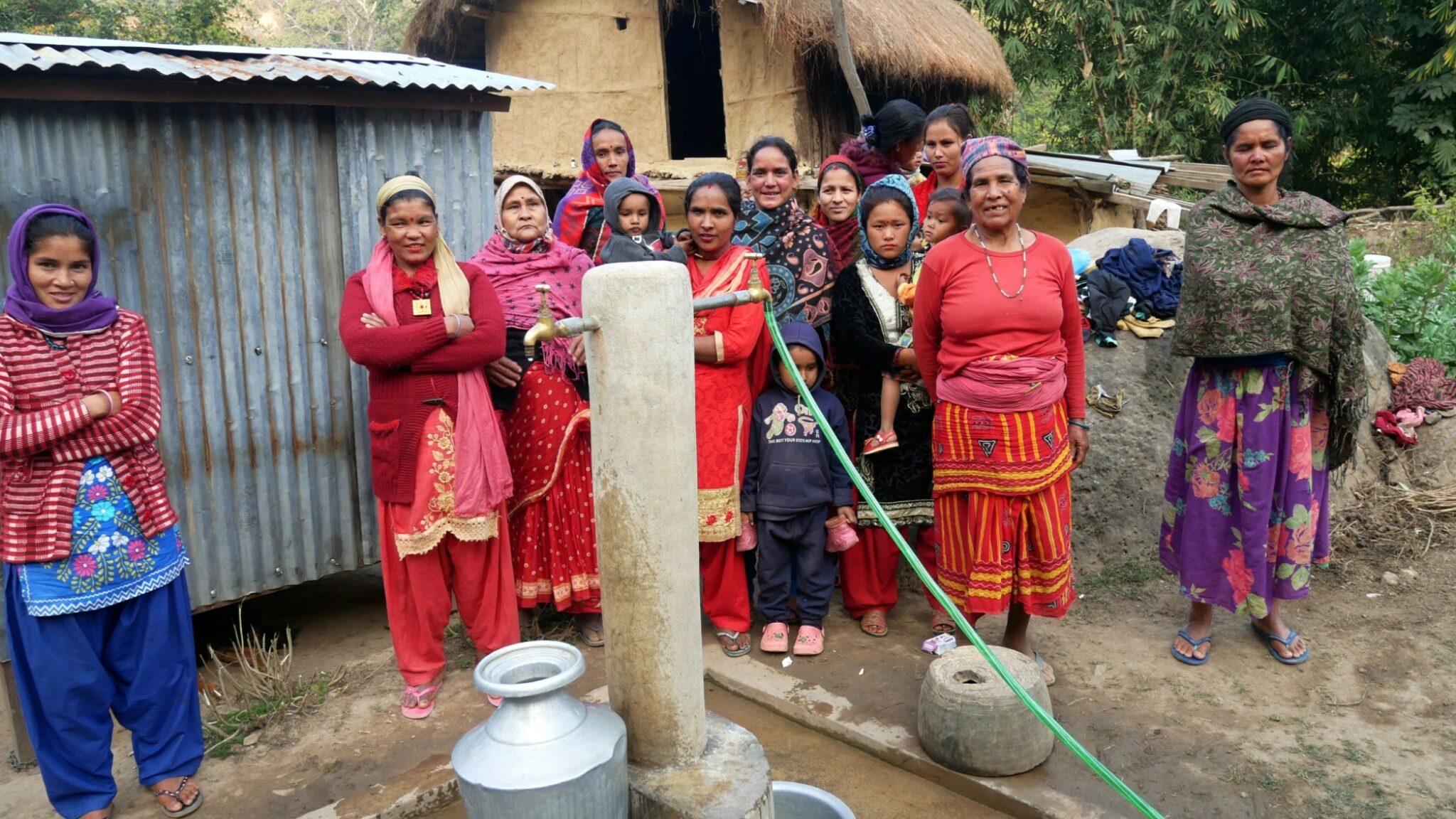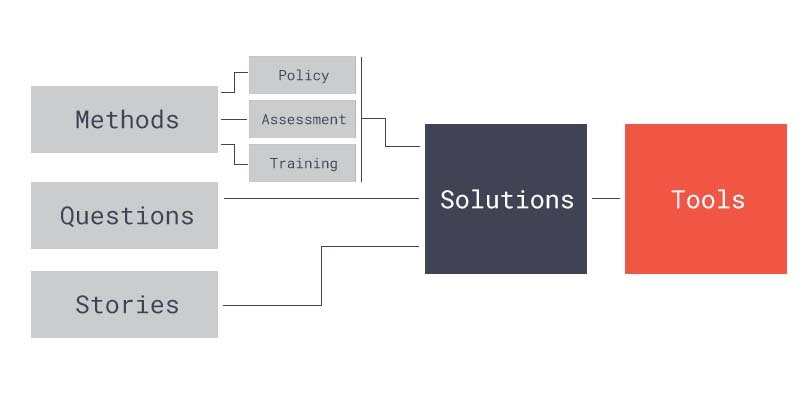
GENDER EQUALITY AND SOCIAL INCLUSION
Resilient market ecosystems must be inclusive of marginalized groups
Power imbalances and harmful social norms prevent women—as well as men and socially excluded groups—from going about their lives freely, preventing them from taking full and equal advantage of opportunity. Disparities and biases lead to less inclusive markets and businesses which further reinforce social and economic inequities. Gender mainstreaming is an approach to organizational culture, policies and procedures that takes into account both women's and men's interests and concerns. At iDE, we work to expose beliefs and practices that perpetuate inequality and use the knowledge we acquire to design social and behavioral-change programming that promote the creation of resilient market ecosystems, which benefit all people.
The Gender Mainstreaming website is the result of desk research and interviews conducted in 2021 to gather and synthesize information about how nonprofit organizations were addressing gender imbalances in both their own organizations and in the humanitarian programs they were implementing around the world.
Based on this research, we’ve envisioned that users can access solutions through three different user journeys.

To learn more about our work, contact us at gesi@ideglobal.org.
About Our Methodology
This website isn’t just a repository of tools. It is a curation of resources based on the culmination of efforts to better understand the gender mainstreaming landscape for the global development sector as well as the way in which individuals seek information. Our gender mainstreaming research experts began with a desk review of theory, methods, and resources. This review informed our primary data collection methodology which consisted of a series of semi-structured interviews with gender specialists in a wide range of global development organizations. Those interviews were analyzed using a thematic analysis approach to identify best practices and key tools for gender mainstreaming to be shared with the community. Next, a series of human centered design workshops led by iDE’s Innovation Lab were conducted with a group of gender researchers who helped synthesize data and identify the primary users and uses of our site. From this process, we identified the need for a tool that three key groups would need to gather data and their need to do so quickly and efficiently:
- Quick questions — Gender mainstreaming is a cross-cutting issue that can potentially impact program managers, HR professionals, marketing, and communications workers, people managers, and more. These visitors most likely have a quick question about integrating gender mainstreaming into a specific area of their day-to-day processes. With these users in mind, we provide a short-cut from answer to solution set.
- Stories of change — Leaders of global development organizations understand the increasing importance of integrating gender mainstreaming into their organization's policies and practices but may not have the specialised knowledge required to do so. With our leaders in mind, we curated a list of stories of change that can be accessed by organization size and level of mainstreaming so leaders can benchmark against others in the sector and source inspiration for future improvements.
- Theory-based approaches — With our gender specialist audience in mind, we recognized that some visitors will have a strong base knowledge of gender mainstreaming issues, a comprehensive approach to their theory of change, and a need to review tools most closely associated with specific approaches. These users have the ability to review our toolkit based on the gender mainstreaming methodology and approaches they are associated with.
Our GESI Research Team
Inquisitive. Open. Welcoming.

Lauren Riley
GESI Manager, iDE

Max Churchfield
Design Manager, Innovation Lab, iDE

Elizabeth Ellis
CEO, iDE

Glen Engel-Cox
Communications Consultant, Blue Agama Associates

Alyson Brody
Director, Gender Equality Innovations

Jess MacArthur
Doctoral Candidate, University of Technology Sydney

Katie Sproule
Founder, Sproule Research Group